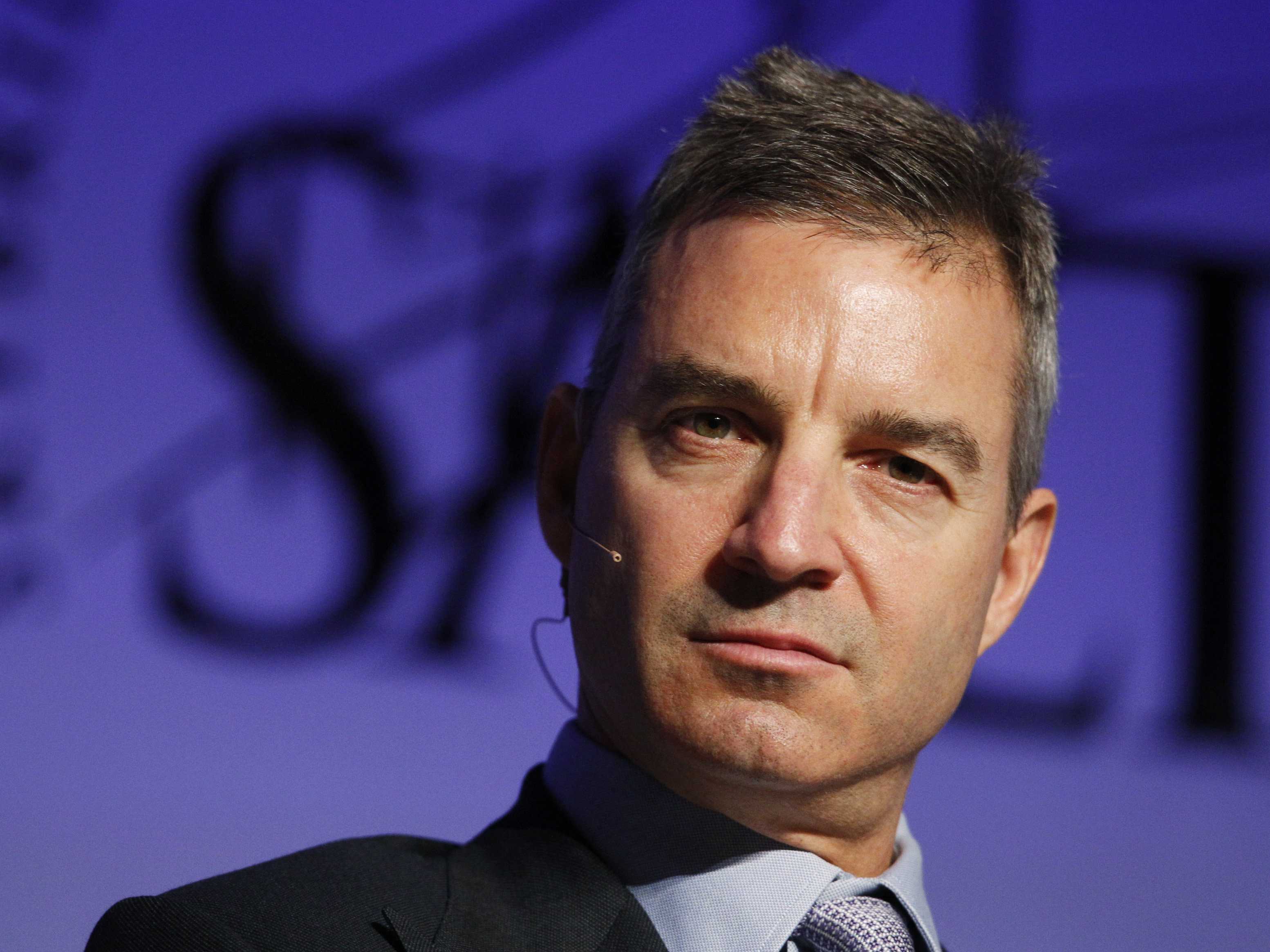 Dan Loeb, Third PointWhile
the strategies deployed by activist hedge fund managers differ, new research
from Novus reveals the outcomes are generally positive—at least in terms of
generating returns.
Dan Loeb, Third PointWhile
the strategies deployed by activist hedge fund managers differ, new research
from Novus reveals the outcomes are generally positive—at least in terms of
generating returns.
The report detailed the performance and holdings of three prominent activist hedge fund managers: ValueAct Capital, Pershing Square Capital Management, and Third Point.
ValueAct—founded in 2000 by Jeffrey Ubben—was described by Novus as “quieter, more under-the-radar” than its activist peers. However, its “close relationship with big institutional investors” means it can “push for meaningful change with smaller investments.”
Since 2001, Novus found that ValueAct has significantly outperformed the S&P 500. Ubben’s fund grew from a $200 million portfolio in 2001 to more than $17 billion in 2015, the report said, aided by an annualized return of 32.5% since 2010.
Novus said this result was driven largely by skill, with stock picking and position sizing playing a significant role in driving returns.
While Ubben keeps out of the public eye, Pershing Square’s Bill Ackman is more outspoken, with the report naming him “an influential investor and one of the few pure activists in the market.”
Under Ackman’s leadership, Pershing Square outperformed the S&P 500 in the last ten years by 222%—a “substantial” lead on other activist managers, according to Novus.
Compared to other activists, Pershing Square is more concentrated and illiquid, and invests in larger names—“the perfect combination for high risk/high reward,” the report declares.
Third Point, meanwhile, is “surprisingly” liquid at 93%, making manager Dan Loeb one of the most liquid activists, according to Novus.
This liquidity is due to Third Point not being a pure activist manager, and instead investing significantly in passive trades, the report said.
According to the research, Third Point has been favoring large cap companies more recently, evidenced by the average market capitalization of stocks in its portfolio increasing since 2001. These large cap stocks have also been the fund’s best-performing picks, Novus said, pointing to an ability “to generate alpha in large-caps, and less so anywhere else.”
Also performing? Third Point’s more illiquid investments, the report found. Should the portfolio become less liquid—and more activist—it would likely perform better, Novus concluded.
Related: How Skillful Is Your Hedge Fund Manager? & Activist Hedge Funds’ Transparency Problem
